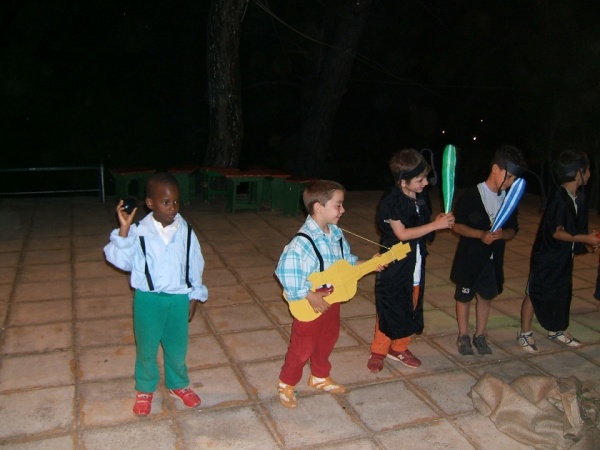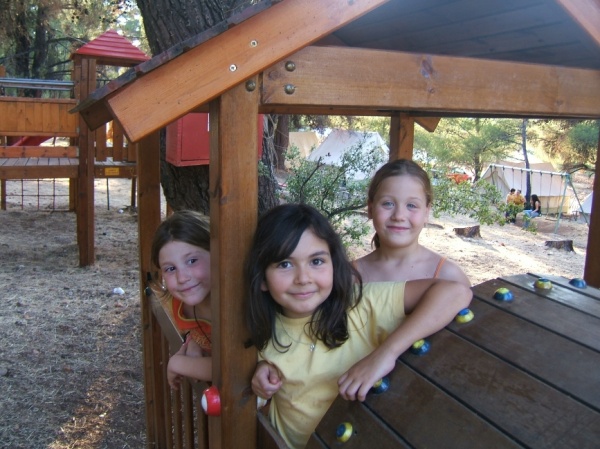More than 15,000 children have been hosted with the help of around 3,000 volunteers at the camps founded by Father Pyrounakis, from 1932 to the present.
Since 1964, at our own facilities on Mount Pateras, boys and girls aged 6-13 have been hosted every year, free of charge, for 21 days. The camp’s capacity is constantly increasing, as is the number of children, and today it hosts 140 children per session.
In the last decade, more than 800 children have been hosted, each at least once, with the help of over 300 volunteers.
In detail
The boys outnumber the girls (60%-40%), a fact attributed to social and religious prejudices within families, as well as the reality that many girls, from a young age, are expected to take care of the household and their younger siblings.
Two-thirds of the children hosted at the camp have Elefsina as their permanent residence, while 18% live in neighboring municipalities.
Our fundamental principle is that the camp is a necessity for all children, regardless of origin, nationality, gender, age, religion, economic or family status. We wish we could host all the children of a city or a region at the camp. Unfortunately, this is not feasible for many obvious reasons.
 Thus, the camp hosts children with the greatest need—children facing economic, social, and family issues. At the camp, the children are simply children, with their unique qualities only related to their talents and skills.
Thus, the camp hosts children with the greatest need—children facing economic, social, and family issues. At the camp, the children are simply children, with their unique qualities only related to their talents and skills.
A large portion of the children comes from families of Greek economic migrants who have arrived in Elefsina to find work and are gradually integrating. Since 2002, there has been a noticeable increase in the arrival of economic migrants and refugees from other countries, which is also reflected at the camp. A significant number of the children come from minority families, families of economic migrants from other countries, and in recent years, refugees. These children face significant issues related to marginalization, racism, and social exclusion.
In recent years, the camp has become a multicultural global village, with people who have arrived in Greece from dozens of countries across all five continents.
Many of the children face family issues. One-third of the children come from large families with more than three children living in cramped housing. A significant percentage of these children come from single-parent families, and in some cases, the children lack the presence of a parent or live in institutions. At the camp, they seek among the volunteers for the parent figure that is so important at their age.
In most families, there are also significant financial problems. Seven percent of the children come from families with a monthly income of less than €300, and 30% come from families with an income of less than €600 per month, below the official poverty line. Only 4% belong to families with a monthly income of more than €1,500.
In their evaluations, 98% of the children say that they liked the camp and want to return. This is significant, as it confirms that the children enjoy camp life with its activities, which is why they come back for many years, as long as their age permits.
Collaborations with other NGOs
The “Happy Children – Happy Youth” Camps collaborate with the Social Services of Municipalities and Hospitals, as well as with NGOs that organize programs for children during the winter months. Children referred by these organizations are hosted at the camp during the summer.
The main organizations are:
-
Love Center of Elefsina (Friendly Nest)
-
Social Service of Elefsina Municipality
-
Social Service of the “Agios Savvas” Hospital
-
Doctors of the World
-
Medical Center for the Rehabilitation of Torture Victims
-
SOS Children’s Villages
-
Zannio Orphanage
-
Friends of Children
-
Hellenic Red Cross

